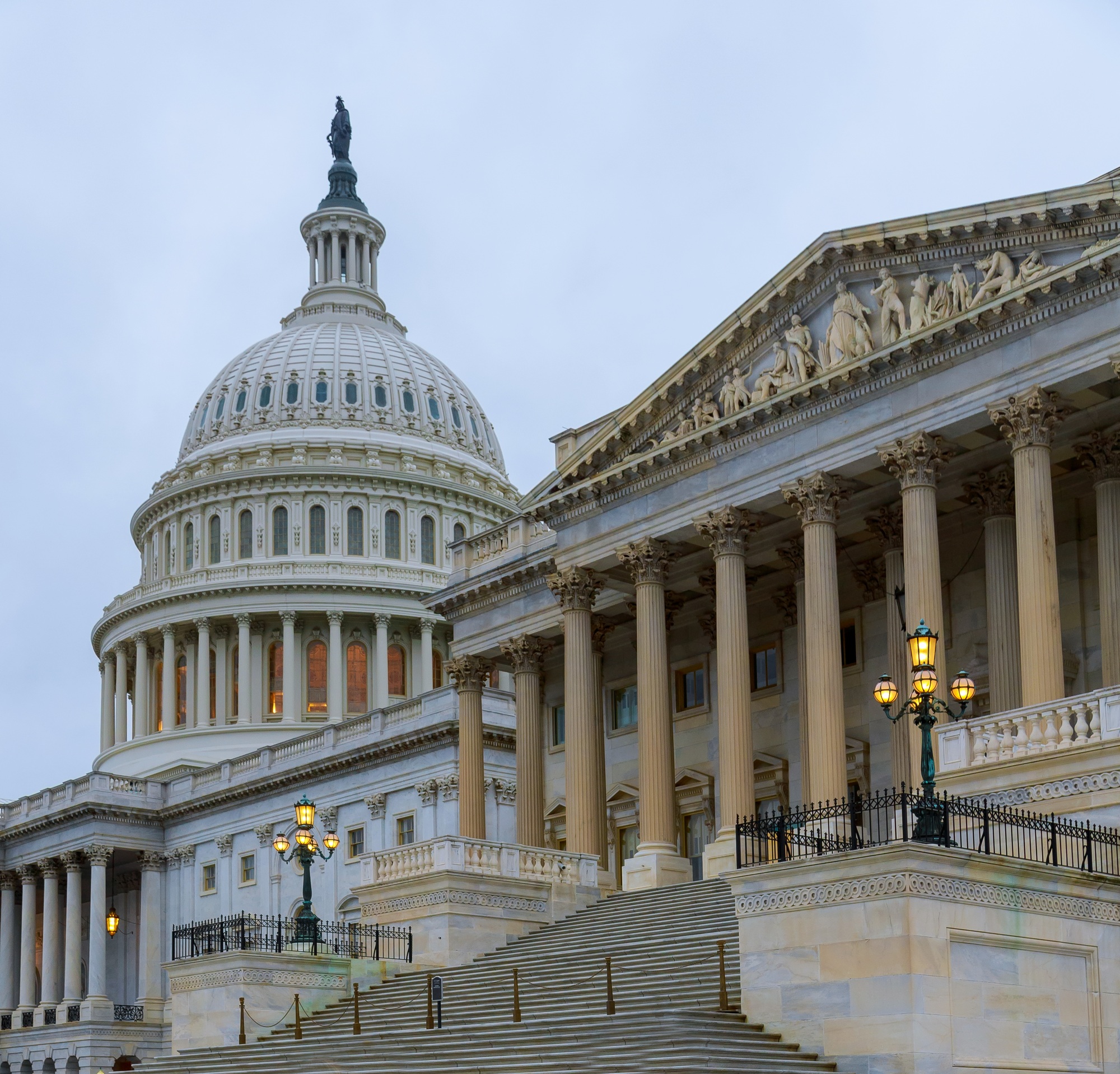Insider Brief
- Lawmakers and experts are urging Congress to double federal quantum technology funding in FY2026 to remain competitive with China.
- The CSIS Commission on U.S. Quantum Leadership recommends the increase, noting it would amount to just 0.5% of the discretionary budget.
- Concerns were raised that stagnant funding and federal workforce cuts could deter private investment and weaken U.S. leadership in quantum innovation.
A bipartisan group of lawmakers and experts is pressing Congress to double federal funding for quantum technology in the upcoming fiscal year, warning that failure to do so could put the United States behind China in one of the most consequential technology races of the 21st century.
At issue is whether the current level of government support — flatlined in the Trump administration’s 2026 budget proposal — is sufficient to sustain U.S. momentum in quantum research and development. According to MeriTalk, lawmakers who spoke at a recent event sponsored by the Center for Strategic and International Studies (CSIS) are recommending a significant funding increase, arguing that doubling current appropriations would account for just 0.5 percent of the nation’s discretionary budget and would signal that the U.S. is serious about long-term leadership in quantum technologies.
The funding debate comes at a critical time. China has already made aggressive investments in its national quantum program, which includes state-sponsored laboratories, academic initiatives, and commercial partnerships. Without a comparable push from Washington, U.S. companies and researchers risk falling behind on technologies that could reshape cybersecurity, materials science, and advanced computing.

“[China wants] to dominate this field, they want to have the world’s leading technology,” said Rep. Raja Krishnamoorthi, D-Ill., who serves as ranking member of the House Select Committee on Strategic Competition Between the United States and the Chinese Communist Party, MeriTalk reports. “They have invested, I guess, maybe multiples of the amount of money that we have invested at the Federal level,” the congressman added. “We invest a lot more at the private sector level in the United States than they do, but they invest so much from the state that we have to do everything we can to at least do our Federal share, even at the same time that we’re trying to cultivate conditions from a private investment.”
The National Quantum Initiative Act, passed in 2018, was supposed to be the backbone of federal quantum strategy, creating a framework for collaboration across agencies, academia, and the private sector. But parts of the act have expired, and key funding streams lapsed in late 2023. MeriTalk reports that Congress is now weighing whether reauthorization of the initiative should also come with a budgetary reset.
While the White House budget proposal maintains flat funding for quantum and artificial intelligence programs, it simultaneously cuts the National Science Foundation’s broader budget by 50 percent. This move, lawmakers said, sends mixed signals and could hamper the recruitment and retention of scientific talent at a time when the global race for quantum expertise is intensifying.
There are also concerns that inconsistent federal investment may deter private sector participation. Witnesses at a recent House hearing emphasized that private capital is unlikely to flow into quantum startups and scale-ups without strong federal backing. However, others cautioned that too much government involvement could crowd out commercial incentives, creating an overreliance on public funds.
“You need private sector talent for sure, but you also need public sector talent to be able to direct the funding and to oversee it in the most efficacious way,” said Krishnamoorthi. “I’m concerned that we’re kind of in the situation where not only is the national quantum initiative funding not where it needs to be, but the people who are in charge of administering these programs – making sure they make sense – are also under threat.”
According to MeriTalk, Rep. Krishnamoorthi noted that even a fully reauthorized NQIA may no longer be enough given proposed workforce reductions and the pace of international competition. The risk, he and others argued, is not just technological stagnation, but strategic vulnerability.
The CSIS Commission on U.S. Quantum Leadership proposes that Congress double current appropriation levels to meet the United States’ goals, according to James Lewis, co-director of the commission.
“This is a national security priority on term, it’s also an economic priority … it takes a while to figure out how to commercialize these things, but the country that figures out how to commercialize it does a lot better,” said Lewis, MeriTalk reports.
Congress is expected to take up both the reauthorization of the National Quantum Initiative and appropriations for fiscal year 2026 later this year. Whether it chooses to follow the CSIS recommendation or stick with current spending levels will send a clear message about America’s ambitions in the quantum era.
Rep. Krishnamoorthi warned a federal-level commitment would be required to compete in the new quantum era.
“If we don’t send a strong signal at the Federal level and consistently at least maintain funding, if not increase it, we’re going to deter private sector investment as well,” he said. “And then it’s likely [that] it might shift to other places, including Europe.”















